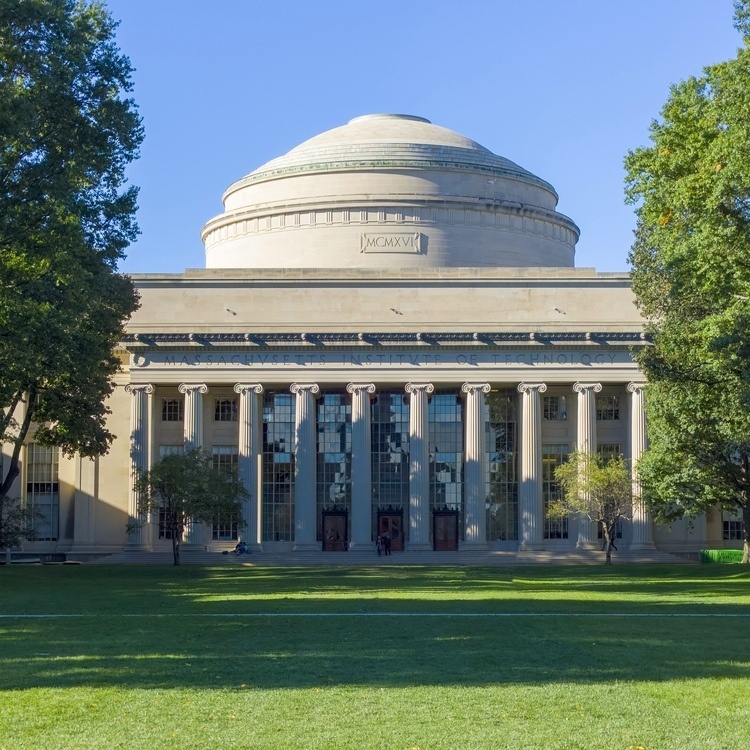
NeuroLunch: Ruidong Chen (Jazayeri lab) and Iakovos Lazaridis (Graybiel lab)
Description
Ruidong Chen: Multi-agent evidence accumulation in the anterior cingulate cortex of monkeys
Abstract: When making decisions under uncertainty, humans and animals combine evidence from their own experience with that of others. For example, when choosing which restaurant to dine in, we may combine information from our last visit with testimonials from others. The anterior cingulate cortex (ACC) has been implicated in a variety of cognitive and social processes, including hierarchical decision making, conflict monitoring, and reward- monitoring for self and others. However, the neural basis for multi-agent evidence accumulation is not known. Here, we investigated the role of ACC in multi-agent evidence accumulation. We recorded simultaneously from ACC of two monkeys, sitting next to each other, while they played a virtual hunting game. The game was designed such that animals could benefit from integrating evidence across experiences of self and other. Behavioral analyses indicated that animals were able to integrate evidence across trials both based on their own experience and the experiences of the other animal. ACC neurons were modulated by behaviorally relevant information for both self and other including choice of arena, inter-agent choice conflict, and reward outcome. In both animals, patterns of activity across the population of neurons (i.e., encoding axis) reflected the cumulative evidence based on the history of outcomes for self and other and decision to switch. The self experience axis more closely aligned with cumulative evidence than other experience, consistent with the behavioral asymmetry. These findings suggest that ACC may support decisions that rely on information gathered from experiences of multiple agents.
Iakovos Lazaridis: Parallel Direct and Indirect Pathways from Striosomes and Matrix Targeting Motor and Dopaminergic Circuits in the Basal Ganglia
Abstract: The basal ganglia's classic output pathways, known as the direct-D1 and indirect-D2, or "Go/No-Go" pathways, are crucial for normal movement control, and their imbalance contributes to movement disorders like Parkinson's disease. Here, we introduce a parallel system of direct-D1 and indirect-D2 pathways originating from the striosomal, rather than the matrix, compartment of the striatum, targeting dopamine neurons in the substantia nigra (SNpc) rather than the basal ganglia's motor output nuclei. Our findings reveal that the direct striosomal D1 pathway and a novel, distinct indirect striosomal D2 pathway modulate striatal dopamine release and respond differently during tasks and to stimuli, depending on their striatal positions. This striking parallelism between striosomal and matrix pathways necessitates a reevaluation of the traditional model, suggesting these circuits not only modulate action but also motivation, influenced by their connections to limbic and cortical inputs. Our proposed model underscores a potentially new therapeutic target within these pathways, particularly the D2 pathway, affected by many existing drugs. This comprehensive framework aligns two circuit sets with shared organizational principles but distinct outcomes on movement and motivational processes.

